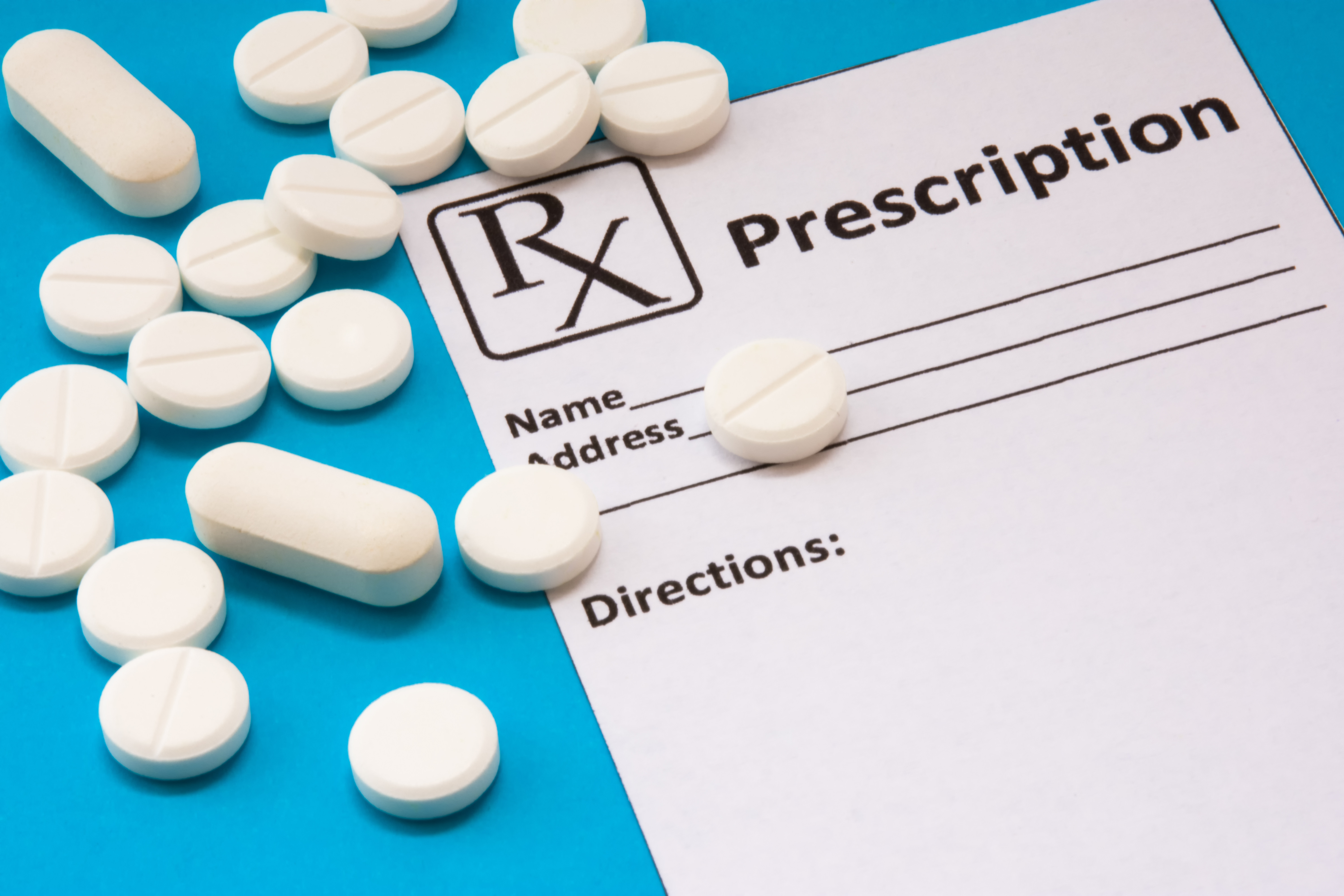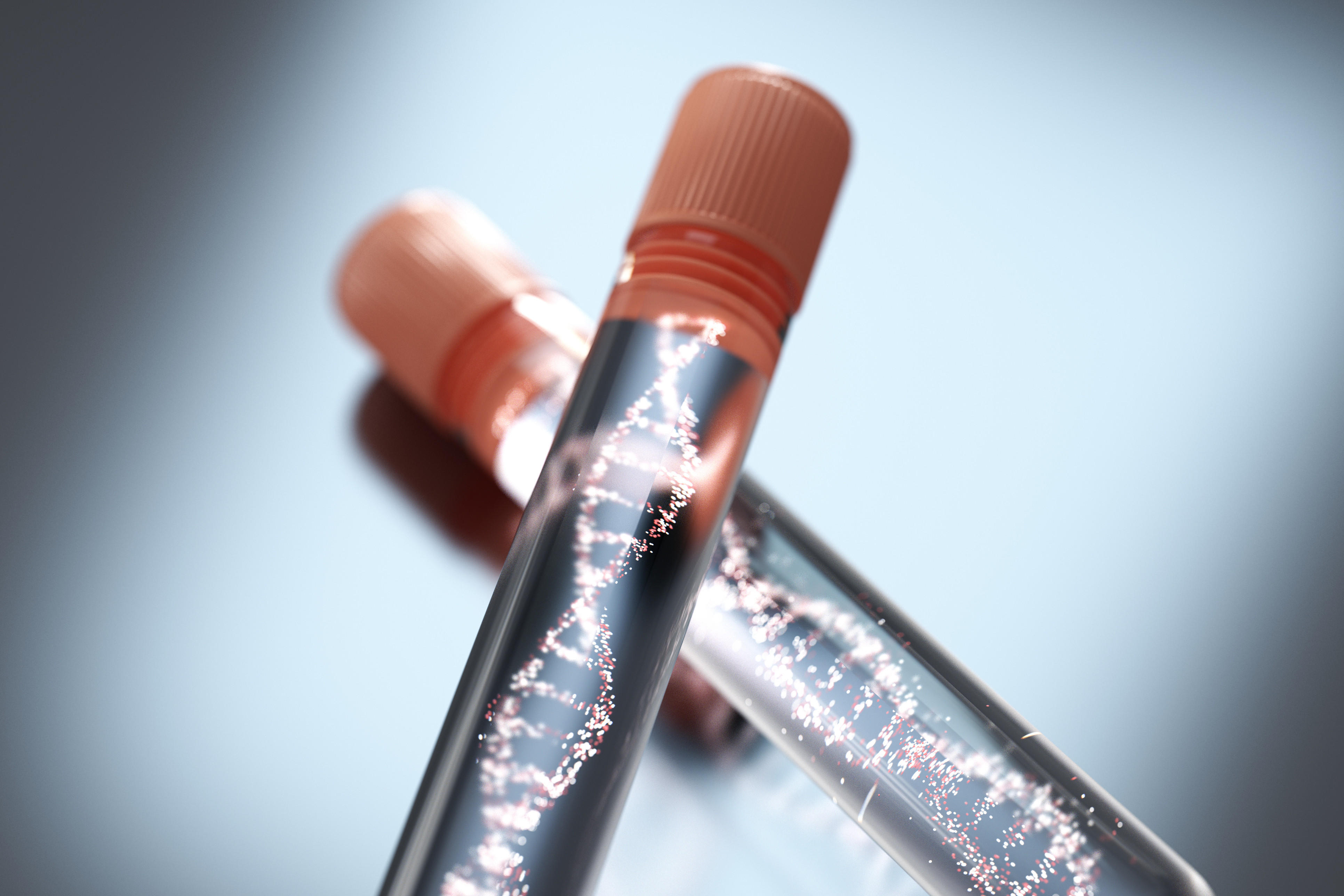
Driving with arthritis pain: Stay comfortable — and safe — behind the wheel

Daily cup of coffee may prevent afib recurrence

Gene-editing therapy lowers harmful blood fats in early study

What is EMDR therapy, and who can it help?

GLP-1 drugs versus bariatric surgery for treating obesity

Two dumbbells, three exercises, and 10 minutes

Easing the emotional burden of IBS

Modify your push-ups to meet your fitness level

What is long QT syndrome?

Stroke survivors may benefit from very low LDL levels
Addiction Archive
Articles
Treating opiate addiction, Part II: Alternatives to maintenance
The is the second part of "Treating opiate addiction". Click here to read Part I: Detoxification and maintenance.
Naltrexone
A different kind of drug treatment for opioid use disorder is the long-acting opiate antagonist naltrexone, usually taken once per day after detoxification. It neutralizes or reverses the effects of opiates, and triggers a withdrawal reaction in anyone who is physically dependent on opiates. A person who takes naltrexone faithfully will never relapse, but most people simply stop using it, or refuse to take it in the first place. A newer slow-release naltrexone injection is now available. However, it is too soon to know if it will have a better success rate than the oral form.
Undoing the harm: Tapering down from high-dose opioids
The CDC’s Guideline on Prescribing Opioids for Chronic Pain helps doctors and patients manage treatment at safe levels and avoid dependence. Any plan to taper medication dosage should be personalized to the patient’s needs.
Do hangovers damage the brain?
Ask the doctor
Q. With the holidays coming, I may be tempted to drink more than usual — maybe enough to have a hangover the next morning. I'm wondering if a hangover could actually damage my brain.
A. There have been a few scientific studies of that question. Recently, a team of scientists examined those existing studies, involving over 1,100 people, and came to some tentative conclusions, published online August 25 by the journal Addiction.

Driving with arthritis pain: Stay comfortable — and safe — behind the wheel

Daily cup of coffee may prevent afib recurrence

Gene-editing therapy lowers harmful blood fats in early study

What is EMDR therapy, and who can it help?

GLP-1 drugs versus bariatric surgery for treating obesity

Two dumbbells, three exercises, and 10 minutes

Easing the emotional burden of IBS

Modify your push-ups to meet your fitness level

What is long QT syndrome?

Stroke survivors may benefit from very low LDL levels
Free Healthbeat Signup
Get the latest in health news delivered to your inbox!
Sign Up










